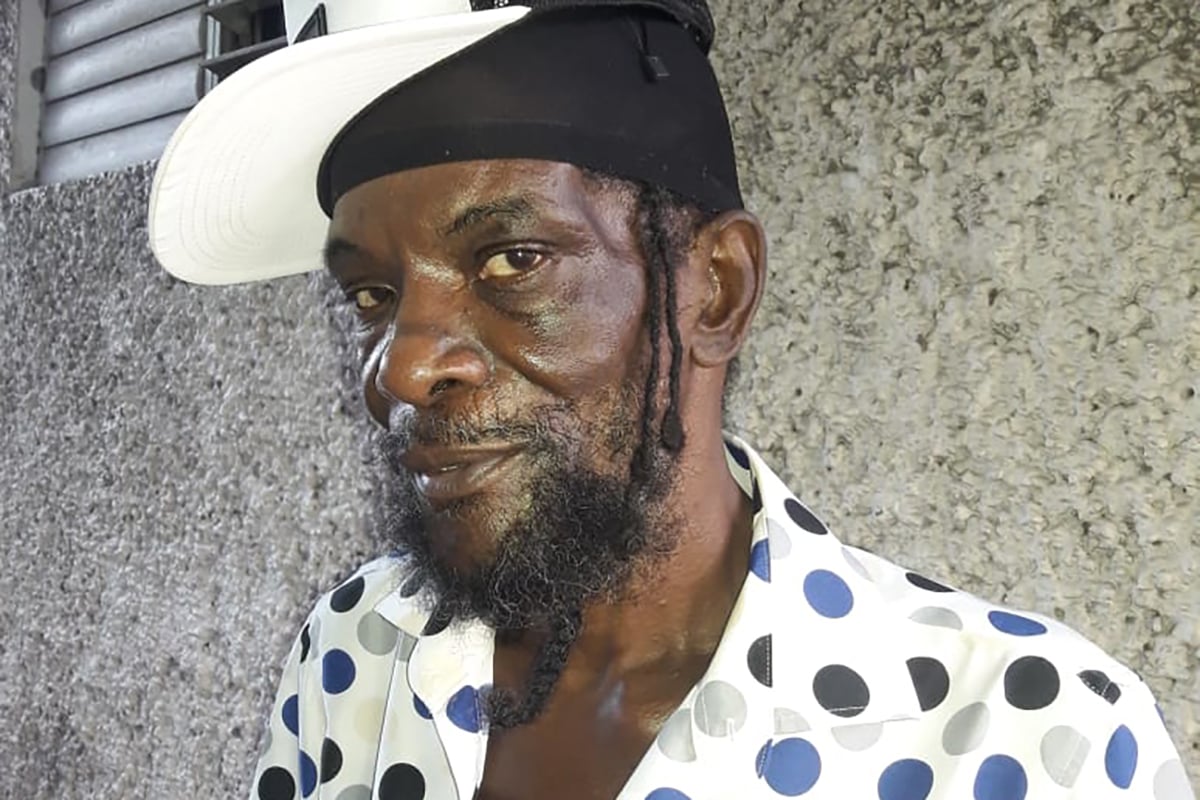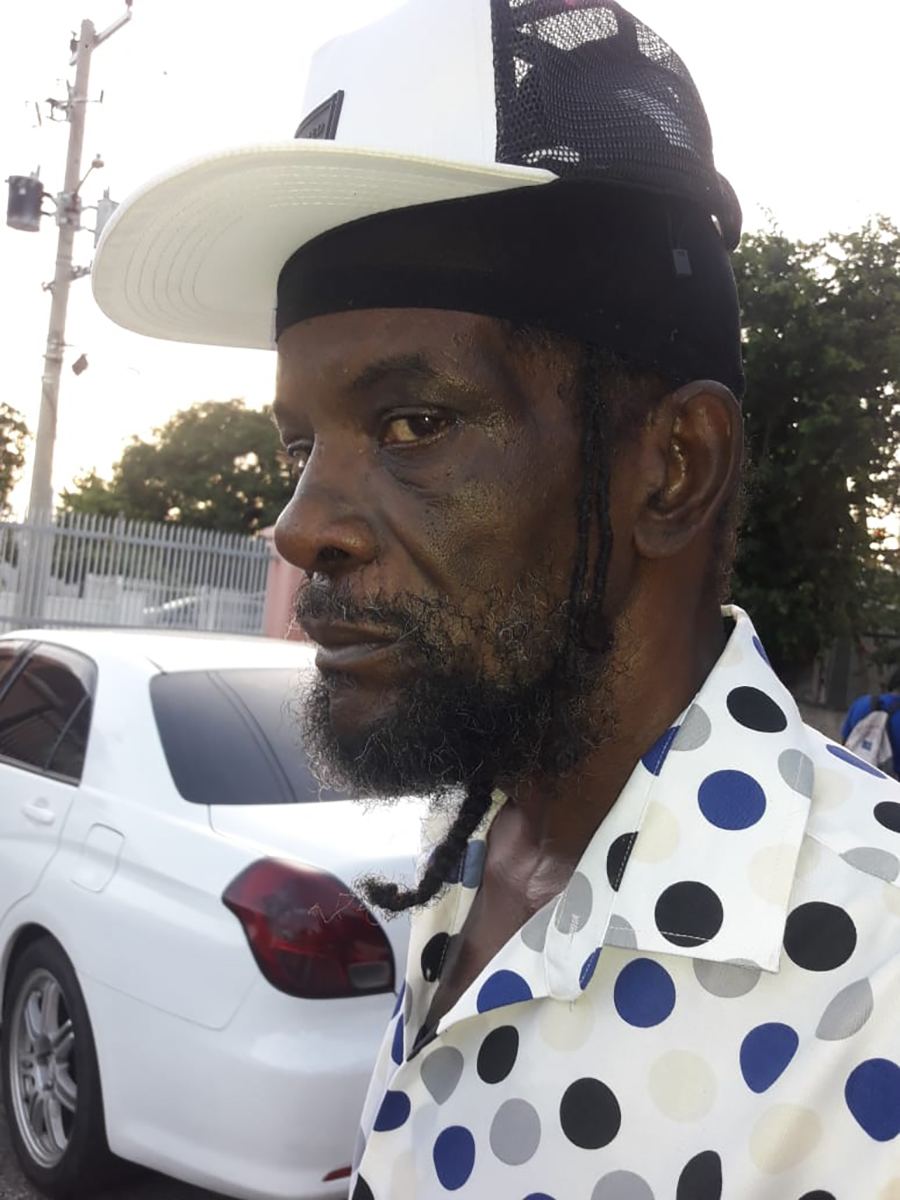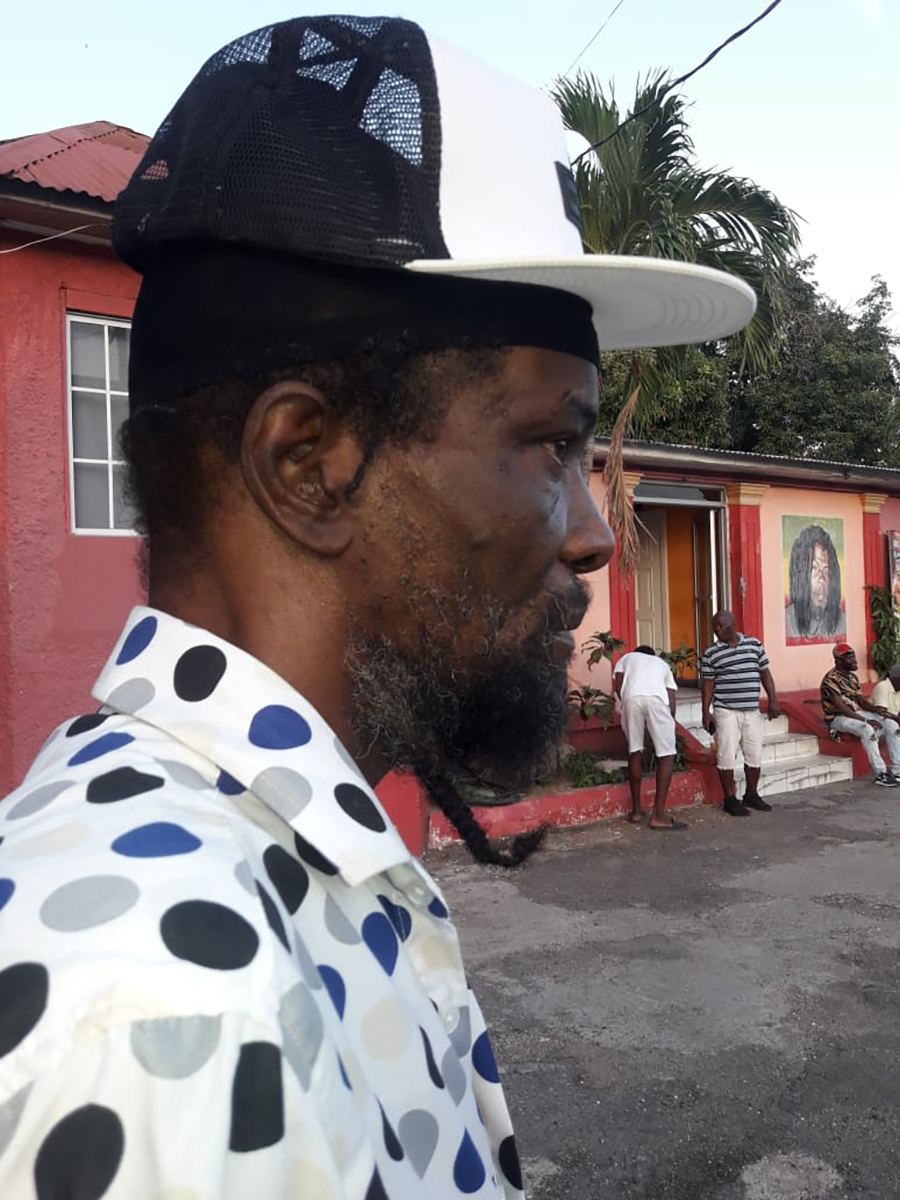Major Mackerel Talks New Dancehall Album, Heyday, And How He Got His First Girl

When Garfield Dixon first heard his song Don Ban being played on the radio in 1987, he was of the impression that it may have been someone else singing the song he wrote. As he got closer to the sound, he realized it was in fact his own voice.
During that period, the 20-year-old hopeful was in Portland and on the run from a man in his hometown Papine, who he had chopped in self-defense. Though risky, the eager deejay headed back to Kingston, ready to face the career pursuit that began to materialize.
“I had the biggest song in the country and neva know cause mi deh a bush,” Major Mackerel recalled during an interview with DancehallMag.
Upon his return to Papine, the first encounter he had was with the man who he feared would have wanted him dead.
“Wah gwan deejay?” was the greeting Mackerel received, from the man he feared, when he walked into his hometown.
“Me seh something strange happen, cause this man suppose to wah kill mi, cah mi chop him wid a cutlass an run weh, from desso the music save mi life. A fourteen a we grow in a crew and a me and one man lef [alive] so music save mi life and mi give thanks for that.”
Consequently, Mackerel’s burning desire to make more music intensified.
Mackerel’s Early Career
A few years prior, Major Mackerel performed at small events. One such was a place called Red Light, a dance where he got the opportunity to showcase his lyrical skills. After entering, a young female gave Mackerel a flirtish glance.
“Mi look pon har and get brave and ask har ‘what’s you name?’, she tell mi and mi ask har if mi can come home wid har, and she seh ‘when yuh done deejay,’ and mi jus go mash up di dance and go home with har, and desso mi get mi first girlfriend weh mi can call a girlfriend. From there mi realise music can mek you have girlfriend,” he shared.
In 1985, Freddy Chambers (producer for Tiger’s first song) Mark Cobran and Ludlow Dawes who worked for Vibes Promotion, took interest in what had become the fresh and lyrically inclined deejay on the scene. Soon after, they recorded Mackerel’s Don Ban at Tuff Gong studio.
“Dem hear bout mi as a likkle deejay, cause mi deh all bout di place a deejay now, bad, full a lyrics and have a creative style that is unusual, so Freddy Chambers produced my first song, “Down Inna Di Sea.”
He continued, “When I went to the studio dem tell mi seh ‘guh roun dere let wi hear how you sound’, so I went around there and the music start play and mi deejay right til’ the end of the music and tell dem seh alright mi ready now, and dem seh ‘come roun here.’ When I went aroun dem seh di record finish. So the song that mek mi famous is 3 minutes and 31 seconds mi tek fi do da song deh, di warm up run.”
Dixon was now working with King Jammy, and rubbing shoulders with the likes of Supa Blacks, Peter Metro, and others. The fruits of his labour were the cars, bling, and women which lead to unfaithfulness with his first girlfriend.
“Dem time deh mi young and excited you know, a suh life stay.”
Mackerel began to tour and was in heavy demand. Dancehall lovers looked forward to his performances wherever he went. His commanding stage presence magnetised audiences around the globe. His dream became a full-circle reality and he was now one of Dancehall’s hottest stars.
New Album Will Embrace Old And New Dancehall
Now, more than forty years since Mackerel placed his 10 cents in the Jukebox, Dancehall as he knows it is in a new era and has a new sound. Mackerel, however, is ready once again to take the world by storm with his music. He has unearthed the same burning desire he had at age 15, and thanks Jahshii for it.
“By late this year to January, February next year my album will be complete. Mi nuh know the name yet but mi a record songs for my album which will have authentic Dancehall and new Dancehall, Afrobeat and more cause I want this album to top the charts worldwide,” he said.
“I am working with a team of writers, mi nah do it by myself, I have some young youths roun mi weh a give me some young ideas. More while it tek mi all four hour fi write four line, yea mi a go deep fi da album yah.”
Dixon isn’t limiting himself and has embraced having an open mind.
“I want foundation artists and new artists on this album. I want to do a song with Bunny General, Supa Black, King Kong, Jahshii, Skeng or Skillibeng. Mi nuh talk to Skeng or Skilli yet but I love what they are doing. Only the violence mi nuh too like and degrading women,” he revealed.
“Mi a do bout 25 solid songs and choose the best 15 from them cause mi a target the youth ages 5 to 25, a dem fans deh mi a look yah now. These three songs weh mi a promote now may very well be on the album.”

Mackerel is overzealous about Other Day, the feature he has with Beenie Man, his musical colleague from they were fresh on the scene.
“I started a little before Beenie Man but when he came out he was on a bigger sound than me, he was about five or suh and I was maybe eleventeen.”
The Dutty Bungle artist took delight in sharing the details about how the Frenz For Real produced song came to be.
“I was at home an a man call mi a Frenz For Real recording studio and seh him have a dubplate fi mi do, and mi drive guh down deh go do the dubplate, then Benji look pon mi and seh him have more work fi mi do.”
He continued, “mi go back the next day and do bout 15 more dub, then 20 the next day. A suh we end up a Negril and Jahshii was there. When we reach back to Kingston, Gary, Roger, and Benji seh dem like the lyrics dem hear mi do roun Jashii and voice mi, a suh “More Gal a Road” voice inna five minutes. Beenie Man was there to voice on the same ‘Bad Style Riddim’, when him see mi him seh ‘the other day mi a walk go a mininini’, we hugged then he sat down and mi seh to him a time now.”
Soon after, Mackerel was back in the recording booth doing his verse on Beenie Man’s song.
“Him look pon mi an seh Mackerel, mi a share my spot with you, yah veteran deejay, yah real big man.”
These days, Major Mackerel has adapted the optimistic mindset. He has forgiven himself of past mistakes, apologized to those he hurt, and has embraced having one leg.
“Everything is love, all is love, love is the only way. If you can’t love a person close by, love them from afar and wish them the best. People will always want bad for us, we all have our enemies, but remember this, the greatest revenge in life is success, so fi all a the people dem out deh weh have unuh foes and unuh enemy, an frenemy, and unuh family, cambilies, and sambily, just love everybody and be successful in whatever you’re doing. Don’t let anyone tell you that you cannot do it.”
In his closing words, Mackerel sought to educate the masses.
“Dancehall is not a music, Dancehall is a place. Suh a dem name it suh, but Dancehall a weh di party keep, Dancehall a di church. When dem a sing an a clap and move, dem a dance inna di hall. Is a place and a lifestyle. So we give thanks for the music, I don’t like the trap music but if a producer seh Mackerel come, I can do it, all music play one way,” he said.


